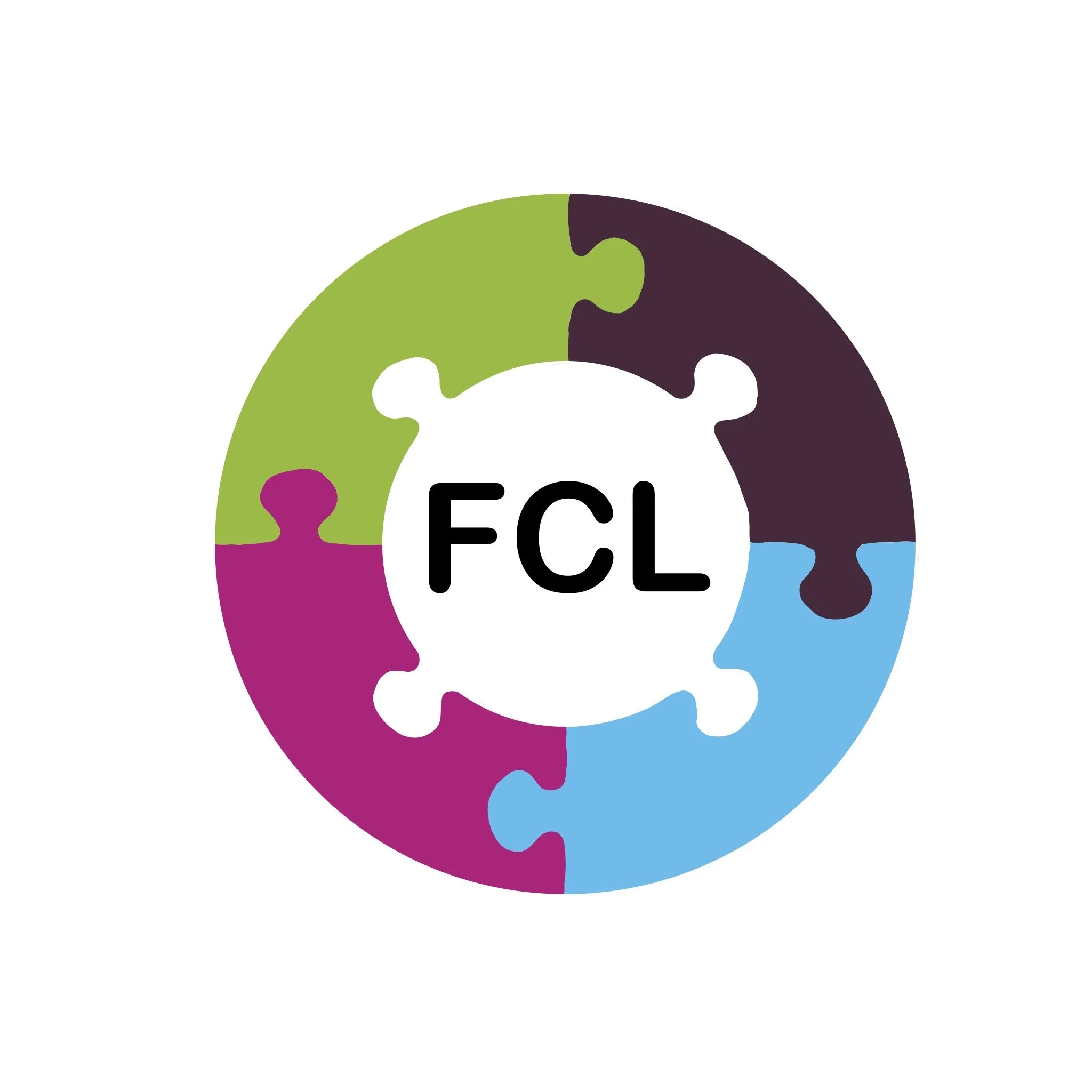What to do and where to turn if there are problems
Sometimes a landowner, tenant or grazier may experience recurring problems when members of the public do not respect the limitations of their access rights. Similarly members of the public occasionally face difficulties trying to access land which they are legally entitled to do.
In such circumstances the best initial course of action may be to raise these problems with a National Park or County Council ranger or member of staff. They may be able to help graziers, tenants and owners manage the problem more effectively by creating new access points, erecting new signs or putting additional information on the access web site. Correspondingly they may approach the landowner and explain the legal basis of the access and his or her responsibility to users.
Tip: Try to word signs positively and constructively as they are more likely to be effective. For example, you might use wording such as “Is your dog safe with sheep? Don’t risk it” or “Help us to reduce disturbance to lambs and nesting birds – please keep your dog on a lead.”
Graziers may find it proves beneficial to create desired access lines by encouraging particular routes for the public which fit in with farming practices. This can be done by placing gates in appropriate places, signing and creating a visible route for people to follow. The latter might involve cutting back vegetation or placing stepping stones. If there are problems with a particular user group or with local people, then it might be helpful to organise a meeting at which problems and concerns can be raised by all. The National Park Authority or County Council may be able to help with this. An alternative point of contact is the Local Access Forum.
These are advisory bodies set up under the CRoW Act to provide independent advice on public access to land for open air recreation. Each forum meets at least twice a year and contact information should be available on the Natural England web site.
If problems continue and members of the public for example, persist in not sticking to rights of way, cycling on urban commons or not complying with the restrictions imposed by CRoW, then legally they become a trespasser and may be restrained by an injunction. In the case of CRoW land they will be denied a right of access to that land or any other land in the same ownership for the next 72 hours after leaving it. No criminal liability is imposed by trespass or failure to comply with the obligations of the CRoW Act.

